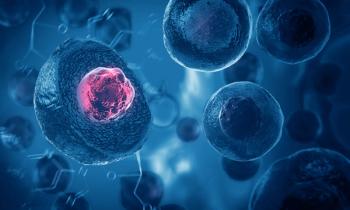
A2 Biotherapeutics is developing CEA- and MSLN- targeted Tmod CAR T-cell therapies.
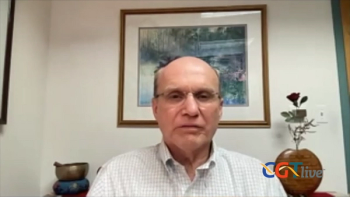
The professors and researchers from The University of Texas at Austin discussed new findings of Cas9 structure and mechanisms.
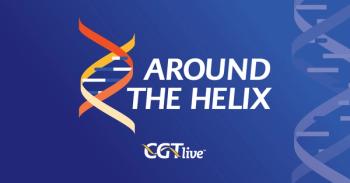
Catch up on the latest news, breakthroughs, and announcements from biotechnology companies making advancements in cell and gene therapies.
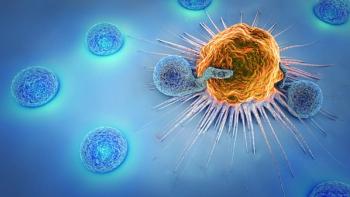
Seven patients from the trial continued to be followed-up as of the data cut-off date.
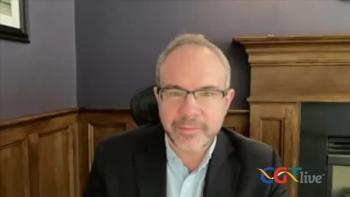
Michael Singer, MD, PhD, cofounder and chief scientific officer of Cartesian Therapeutics, discussed the company’s lead candidate, Descartes-08.
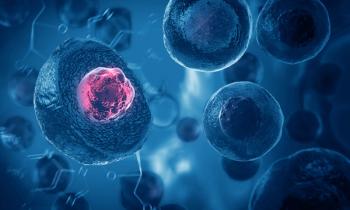
The company’s lead cell therapy candidate, OpRegen, has demonstrated efficacy in dry AMD.
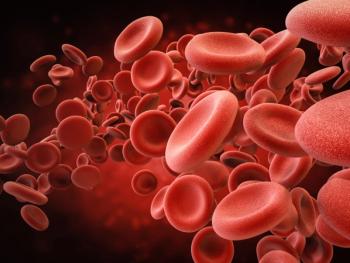
Complete results from the phase 3 GENEr8 study were published in the New England Journal of Medicine.
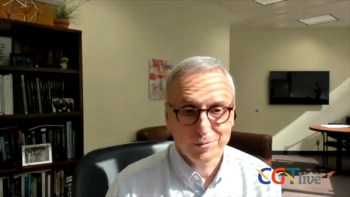
The director of the Powell Gene Therapy Center at the University of Florida discussed unmet needs that remain in Pompe disease.
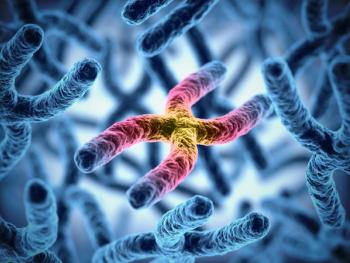
A sister study of AMT-130 in Europe dosed its first patients in February.
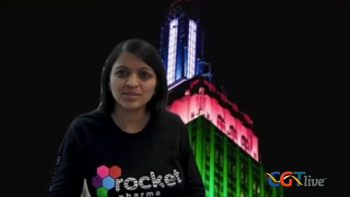
Kinnari Patel, PharmD, president and chief operating officer of Rocket Pharmaceuticals, discussed Rocket Pharma’s programs.
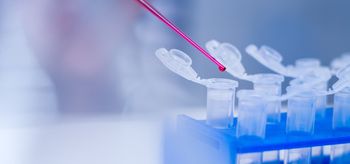
Viral vectors have become the most common method for delivering gene therapy; however, pre-existing humoral immunogenicity can potentially render a gene therapy ineffective.
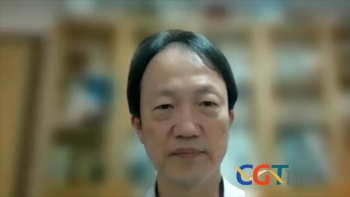
The professor from National Taiwan University Hospital discussed his work in improving diagnoses in Pompe disease and AADC deficiency.
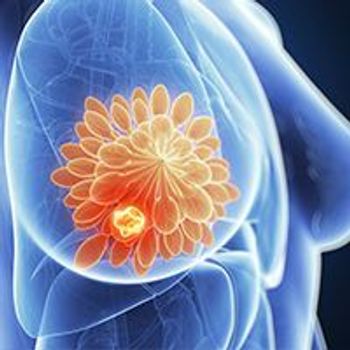
Olaparib is now the first early-line therapy targeting BRCA-mutations in breast cancer.
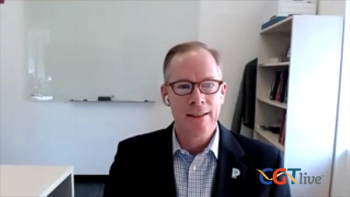
The chief scientific officer and senior vice president of the Parkinson’s Foundation discussed the importance of accessibility in clinical trials.
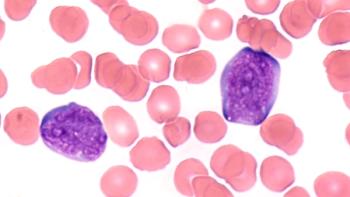
Half the patients in the high-dose cohort of a phase 1a/2b trial achieved complete responses.
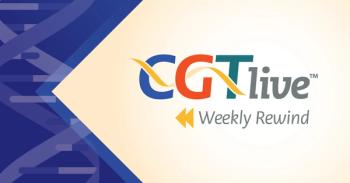
Review top news and interview highlights from the week ending March 18, 2022.
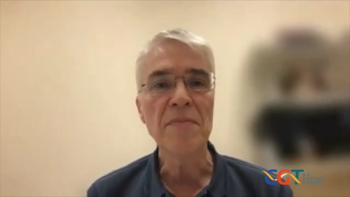
The professor and head of coagulation disorders and Comprehensive Care Centre, University Hospital of Frankfurt, Germany, discussed demographics of the HOPE-B study.
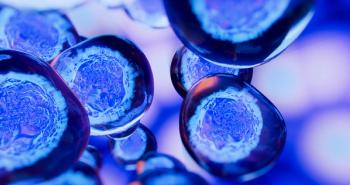
Another MSC therapy being developed by Mesoblast demonstrated efficacy earlier in March.
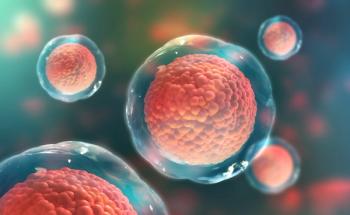
Significant decreases were seen in swollen and tender joint measures.

The grant, given to Indiana University School of Medicine, will fund 3 major projects to improve different aspects of hemophilia gene therapy.
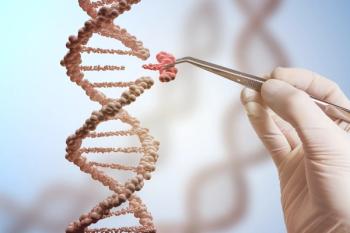
The draft guidance from the Center for Biologics Evaluation and Research outlines safety considerations throughout the clinical development program timeline.

Catch up on the latest news, breakthroughs, and announcements from biotechnology companies making advancements in cell and gene therapies.
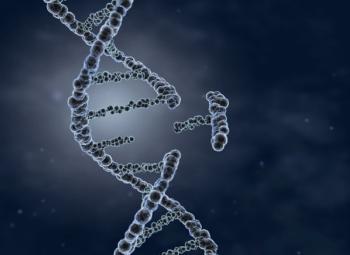
Data presented at MDA 2022 show improvements in motor and pulmonary function and patient-reported outcomes.

Sarepta also presented updated data from Study 101 of SRP-9001 at MDA 2022.
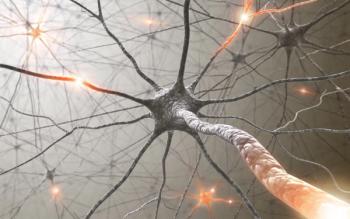
The new designation follows an IND clearance and fast track review in February 2022.

WU-CART-007 is the first clinical-stage allogeneic CAR therapy for T-cell malignancies in the US.
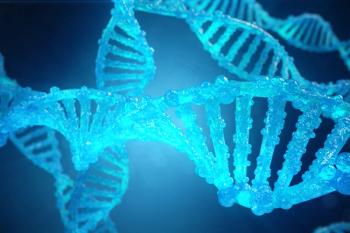
Myrtelle’s gene therapy previously demonstrated initial efficacy in the disease in February 2022.
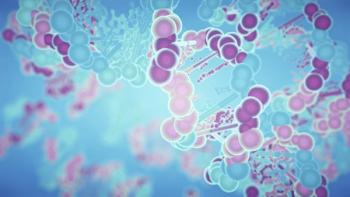
New data presented at MDA 2022 showcased positive motor and bulbar function data.
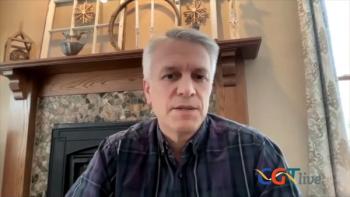
The director of the Pediatric Hemophilia and Coagulation Disorders Program at CS Mott Children’s Hospital discussed research with AAV gene therapy in hemophilia.